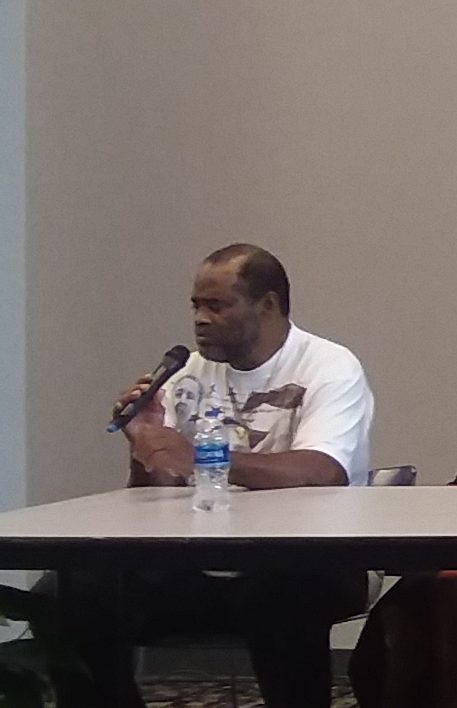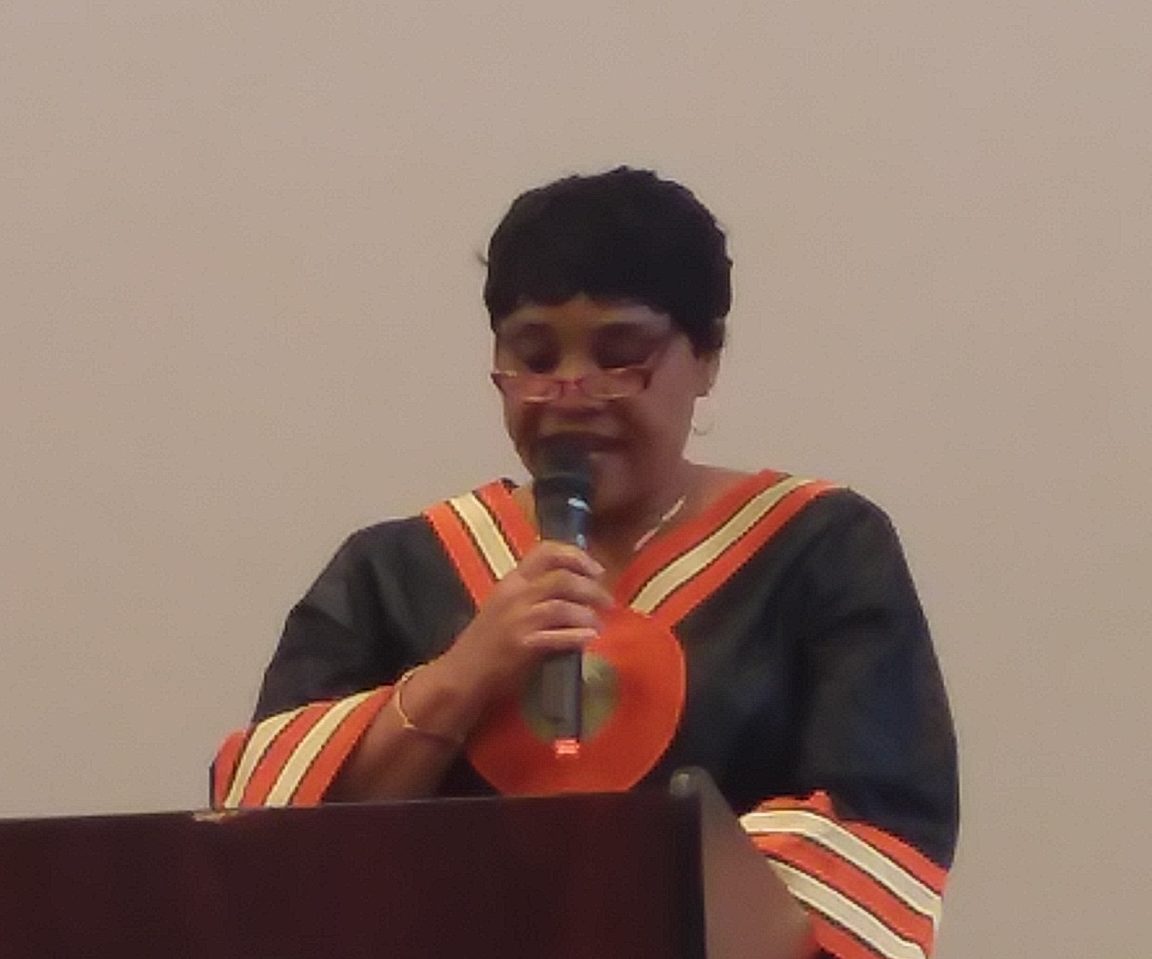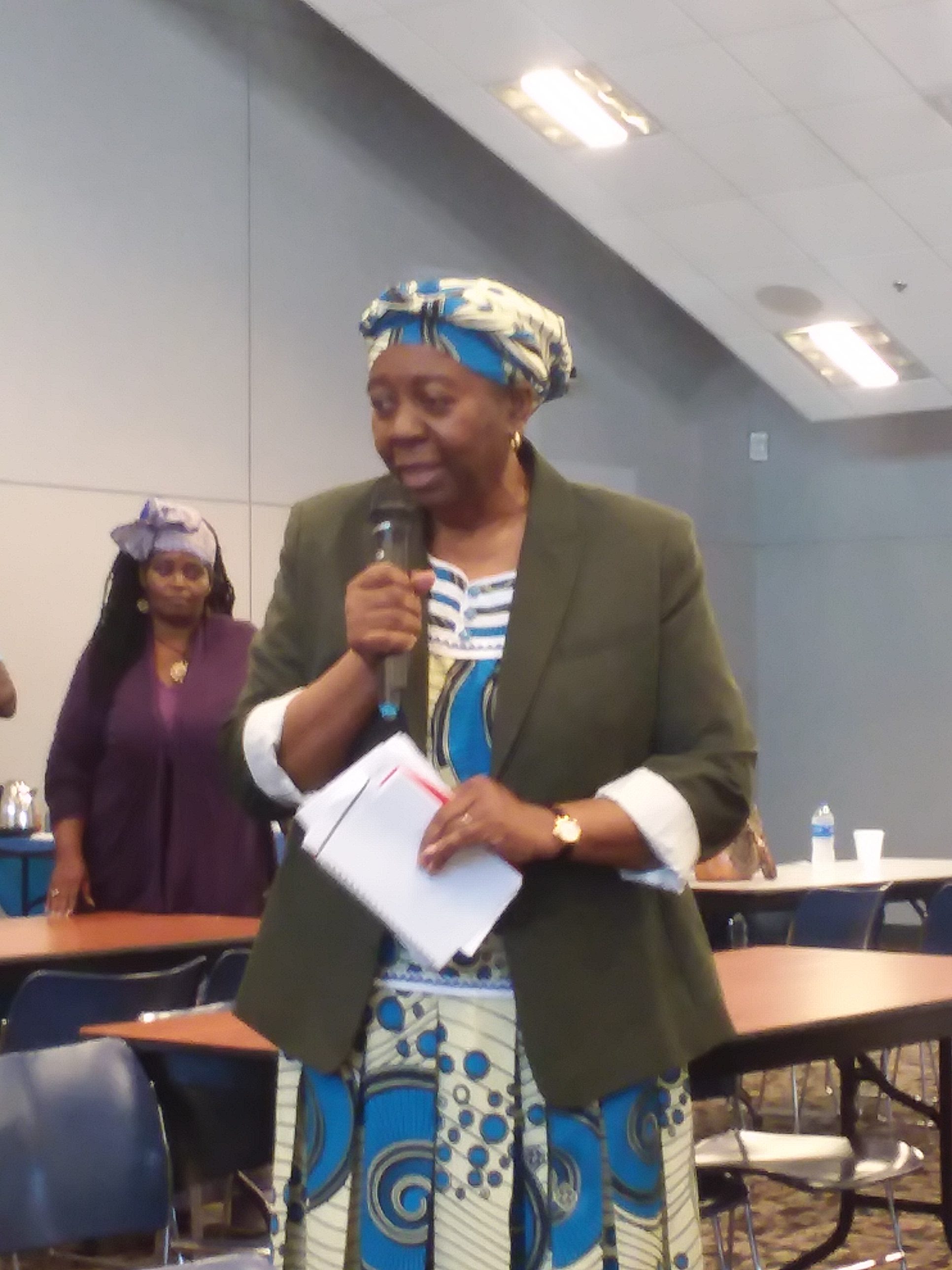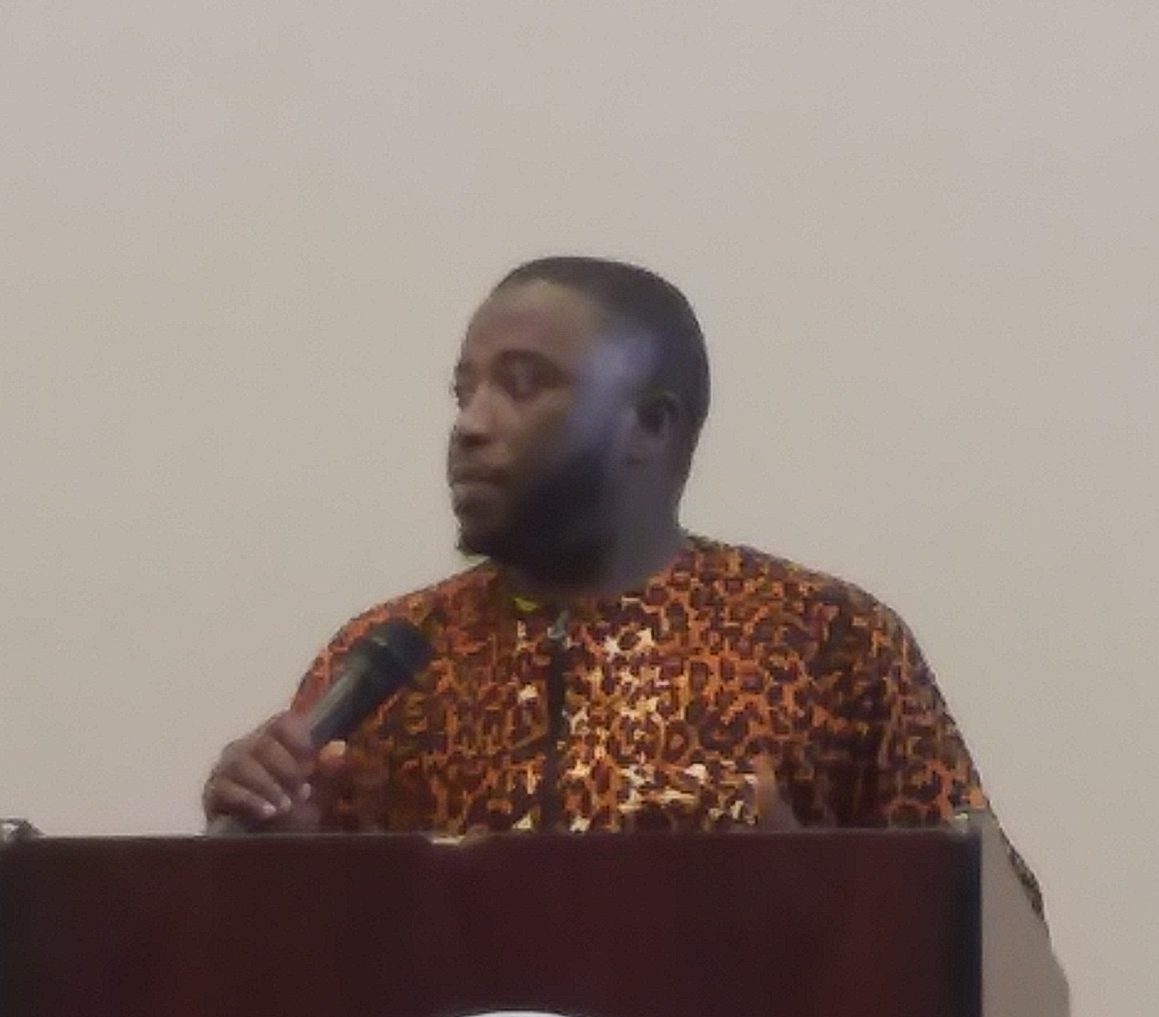The 12th International Summit of the Sixth Region Diaspora Caucus (SRDC), held in Charleston, South Carolina over the October 25-26 weekend, featured among its various agenda items a panel discussion on the state of Pan-Afrikanism in the 21st Century. The panel was held on the afternoon of the final day of the public Summit, October 26. The panelists who were invited to present their viewpoints were the following:
- Professor David L. Horne, International Facilitator of the Sixth Region Diaspora Caucus (SRDC). His experience with Pan-Afrikanism includes his status as a tenured professor of Afrikan History, a participant at the 2001 World Conference Against Racism (WCAR) in Durban, South Africa, his participation in a number of Pan-Afrikan conferences since that time, his membership in several Pan-Afrikan organizations from the National Coalition of Blacks for Reparations in America (NCOBRA) to the Universal Negro Improvement Association and African Communities League (UNIA-ACL).
- Ms. Sophia Togba Mawle, Minister Counselor, Embassy of Liberia. She is the representative of the Liberian Ambassador to the United States, the Honorable George S.W, Patten Sr.
- Ms. Mirtha Colon, president of the Central American Black Organization or CABO (in Spanish, the Organizacion Negra Centroamericana or ONECA). Born in Honduras, she now resides in New York, where she ably coordinates the activities of the premier Black organization in Central America.
- Bro. Demba Hydara of The Gambia. He has been involved with SRDC since at least 2016, coordinating the provision of surplus goods and services to his home country through the SRDC office in Seattle, Washington State. A prolific traveler across at least North and West Afrika, he has opened doors for SRDC on the Continent through cooperative ventures on behalf of The Gambia.
- Bro. Kumasi Palmer, South Carolina Facilitator, SRDC. He has worked alongside Professor Horne at least since 2001. He and the South Carolina SRDC have sponsored several trips to the Mother Continent for youth. He also owns property in Ghana, where he has participated in several economic development projects,
- Sis. Victory Swift, founder of Our Victorious City and a member of the Maryland Organizing Committee. Sis. Victory has been involved with SRDC in Maryland since 2009, and has led several community projects over the years, from the Afrikan Heritage Walk-A-Thon to her current work with Our Victorious City, which she named after her son Victorious, who was a victim in a murder-robbery in 2017.
- Bro. Malcolm Cash, educator and community activist. Bro. Cash was involved with SRDC through the Columbus, Ohio SRDC Organization, which went inactive after 2013.
 The panel began with opening remarks from Professor David Horne:
The panel began with opening remarks from Professor David Horne:

Ms. Sophia Togba Mawle of the Liberian Embassy then made her statement:

Next was Ms. Mirtha Colon of CABO:

Bro. Demba Hydara of The Gambia offered his perspective on 21st Century Pan-Afrikanism:

Bro. Kumasi Palmer and Sis. Victory Swift then made their statements:
[evp_embed_video url=”https://kuumbareport.com/wp-content/Summit%20Panel%202%20Kumasi%20and%20Victory.mp4″]
Finally, Bro. Malcolm Cash applied his experience as a father and a teacher to the issue.

The panel then discussed three questions from the audience: How do we involve our children in the push for Pan-Afrikanism and this new movement of change? How do we keep the fires of Pan-Afrikanism burning in the 21st Century? And do any of the panelists feel they are fighting a “losing cause”?
Professor Horne introduced these questions and gave his answer to the last one:
[evp_embed_video url=https://kuumbareport.com/wp-content/Dr%20Horne%20Summit%20Panel.mp4]
Finally, the discussion was opened up to more comments from the audience:
In the end, the struggle to “keep the fires burning”, awaken an awareness of Pan-Afrikanism in our children and avoid this struggle becoming a “losing cause” will depend on each of us. As a grassroots organization participating in what must be a grassroots-led movement, SRDC and those like us must show the resolve that we call for from the people. Pan-Afrikanism as a global movement will not succeed unless the activists and organizers consistently take it seriously and show the people the value of cooperative work by practicing it among themselves. Perhaps the cooperative effort of Sehwah Liberia and SRDC can provide one such model for the people to follow.
